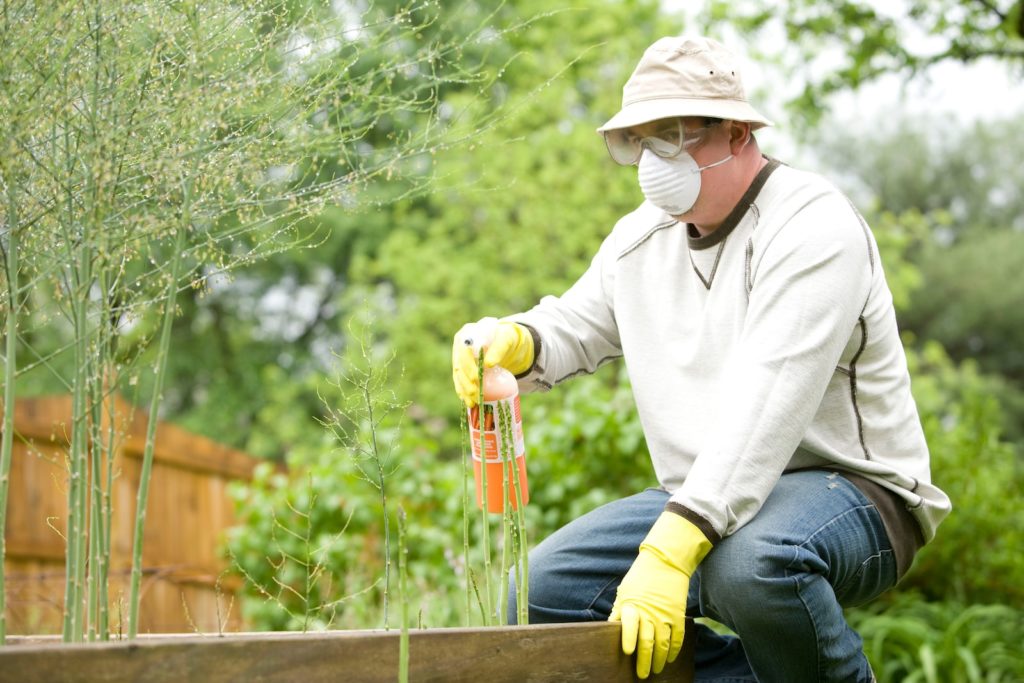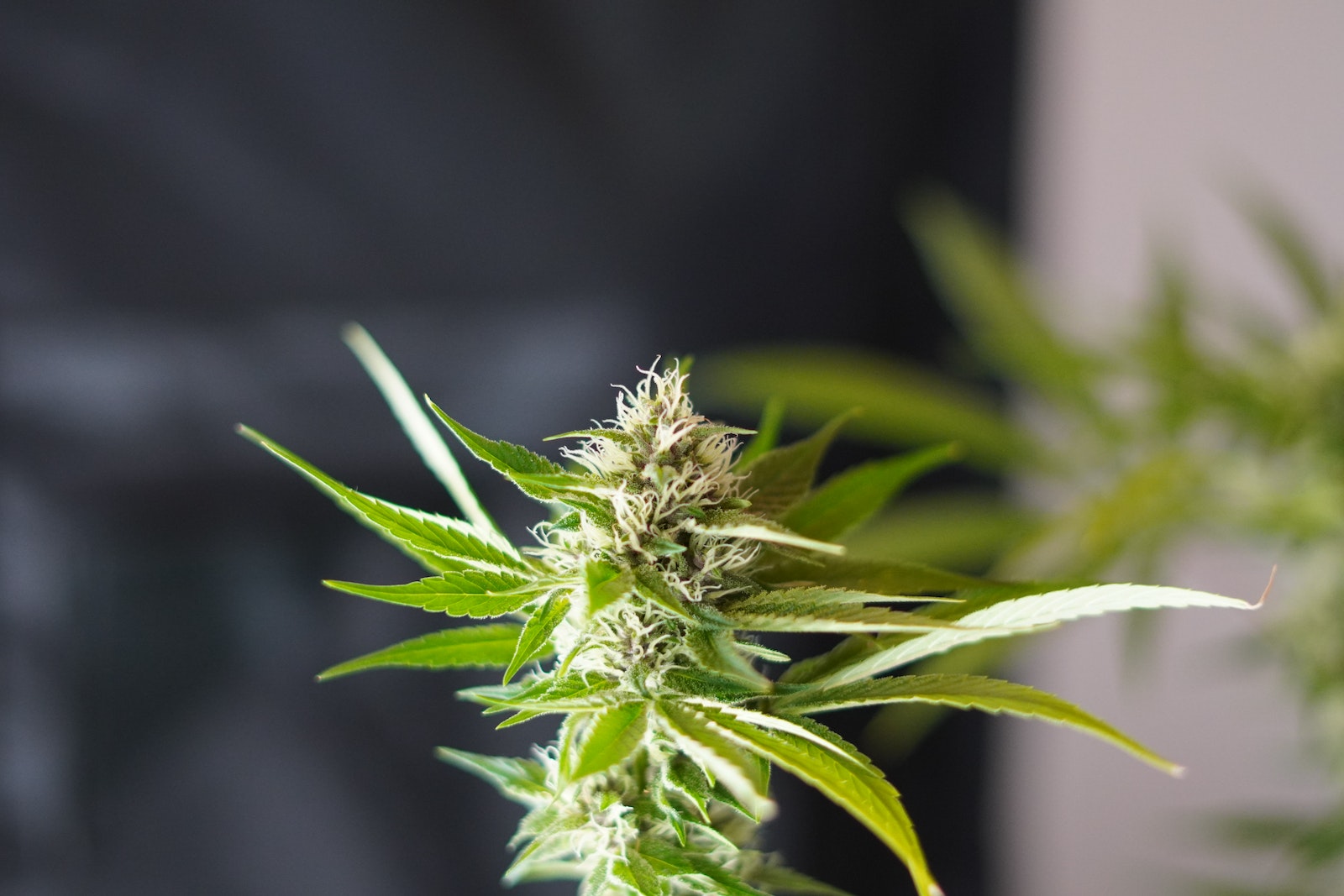Maintaining a beautiful Bermuda lawn requires more than just regular watering and mowing. Weeds can quickly take over, ruining the aesthetic appeal of your yard. But fear not, because in this guide, we will delve deep into the world of weed control for Bermuda grass. From choosing the right products to application techniques, we’ve got you covered.

What to Spray on Bermuda for Weeds
Bermuda grass is known for its vibrant green color and fine texture. However, it’s also susceptible to various types of weeds. Let’s explore what to spray on Bermuda for weeds to keep your lawn pristine.
Pre-Emergent Herbicides: Your First Line of Defense
Prevention is key when it comes to weed control in Bermuda grass. Using pre-emergent herbicides is a proactive approach to stop weeds before they even sprout. These herbicides create a barrier in the soil, preventing weed seeds from germinating. Here are some top choices:
- Prodiamine: This herbicide provides excellent control against annual grassy weeds.
- Pendimethalin: Effective against a wide range of weeds, including crabgrass.
- Dithiopyr: Offers extended protection and controls both grassy and broadleaf weeds.
Selective Post-Emergent Herbicides
If weeds have already invaded your Bermuda lawn, selective post-emergent herbicides can come to the rescue. These products target specific weed types without harming your grass. Some options include:
- 2,4-D: Effective against broadleaf weeds like dandelions and clover.
- Metsulfuron-methyl: Targets tough-to-control weeds like nutgrass.
- Fluroxypyr: Works well on clover, chickweed, and other broadleaf weeds.
Non-Selective Herbicides: Use with Caution
Non-selective herbicides should be used sparingly and only as a last resort, as they can kill both weeds and desirable plants. When using non-selective herbicides, be sure to apply them with precision to avoid damaging your Bermuda grass.
Organic Alternatives: A Natural Approach
For those who prefer eco-friendly options, organic herbicides can be a great choice. These products use natural ingredients like vinegar, citric acid, or essential oils to control weeds. While they may require more frequent applications, they are safe for children, pets, and the environment.
Frequently Asked Questions

Q: How often should I apply pre-emergent herbicides?
A: Pre-emergent herbicides should be applied in the spring and fall, typically every 8-12 weeks.
Q: Can I use a pre-emergent herbicide and a post-emergent herbicide together?
A: Yes, using both types of herbicides can provide comprehensive weed control.
Q: Are organic herbicides as effective as chemical ones?
A: Organic herbicides may require more frequent applications but can be effective with proper use.
Q: Can I apply herbicides in the rain?
A: It’s best to apply herbicides on a dry, windless day to ensure effectiveness.
Q: Should I consult a professional for weed control?
A: If you’re unsure about herbicide selection or application, consulting a lawn care professional is a wise choice.
Q: How long should I wait before letting pets or children play on the treated lawn?
A: Check the product label for specific guidelines, but it’s generally safe once the herbicide has dried.
Conclusion
Maintaining a weed-free Bermuda lawn is within your reach. By choosing the right herbicides, applying them correctly, and taking preventive measures, you can enjoy a lush and vibrant yard that’s the envy of your neighborhood. Say goodbye to weeds and hello to a pristine Bermuda lawn.
